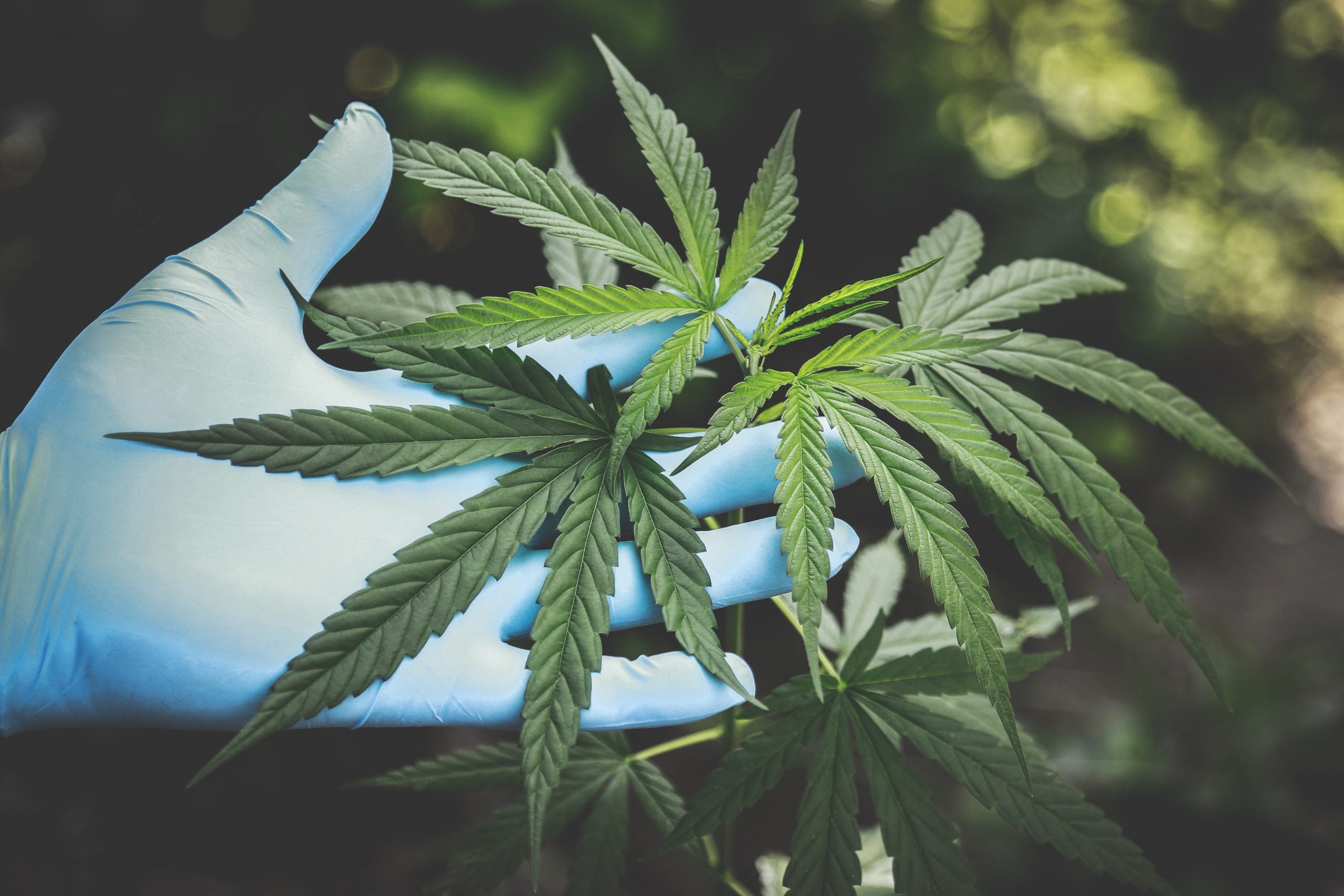The Georgia’s Hope Act (House Bill 324) authorized the cultivation and production of low-THC cannabis oil under the supervision of the Georgia Access to Medical Cannabis Commission.
Low THC oil can only be derived from the cannabis plant.
An estimated 14,000 Georgians will purchase the low-THC oil, according to a statement released by the commission on Feb. 10, 2021.
According to the commission’s mission statement, its goal is to “develop, regulate and position the medical cannabis industry in Georgia to be a producer of quality, accessible medicine, and a global leader in patient outcomes.”
Two types of production licenses will be awarded under the law that Gov. Brian Kemp signed last April, Class 1 and Class 2. The main difference in the two classifications of license is the amount of low-THC that can be produced by the licensed company. The size of a licensee’s facility is determined by its classification as well. Two Class 1 licenses will be awarded in addition to four Class 2 licenses.
[adrotate banner=”29″]
Over 70 businesses applied for a license. The application alone cost $5,000 for the Class 2 license and $25,000 for the Class 1. License and application fees alone are expected to generate over $1.5 million for the state, according to the commission’s 2021 annual report. The license fees for companies awarded the license are $250,000 for Class 1 and $100,000 for Class 2 licenses.
Companies awarded the licenses are expected to start constructing facilities and begin production within six months after the license award.
The commission is not currently issuing dispensing licenses and has no set rules or timeline for that to change.
At least one company is attempting to locate a facility in a rural part of the CSRA. The awards are expected to be announced within four to eight weeks.
[adrotate banner=”20″]









